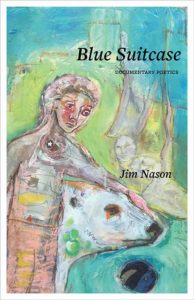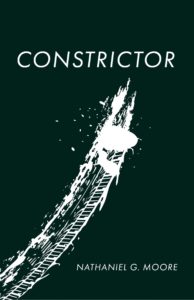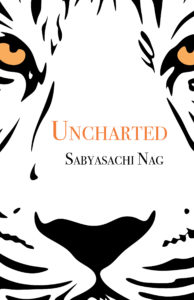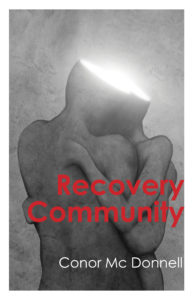A little while ago a friend asked why I had so much parking-lot imagery in my poetry. I wasn’t sure how to answer. I gave it some thought and realized there’s something about parking lots I’ve always found beautiful and mysterious, especially late at night when they’re empty. — Collapse
They have a peaceful, Zen-like quality about them, an oasis of nothingness in the crowded, cluttered desert of modern culture. Under a streetlamp, with all the debris and shattered glass sparkling in the light, an empty parking lot resembles a beach at low tide. It’s not as if I go out of my way to walk around a parking lot at night, but whenever I catch a glimpse of one a part of my soul feels a little more nourished.
Everyone’s probably familiar with Auden’s famous lines: “For poetry makes nothing happen: it survives / in the valley of its making…” (“In Memory of W.B. Yeats”). Most people see those lines, out of context, as an indication of poetry’s ineffectiveness and overall lack of importance. But I always think of that phrase as something positive: that the ability to make nothing happen might be one of poetry’s greatest strengths. It gives weight to absence and lends nothingness a voice. Like an empty parking lot late at night, poetry helps “nothingness” feel at home in the world. That’s probably why there are quite a few parking lots in my poems. Sometimes an empty parking lot can make nothing happen too.




























